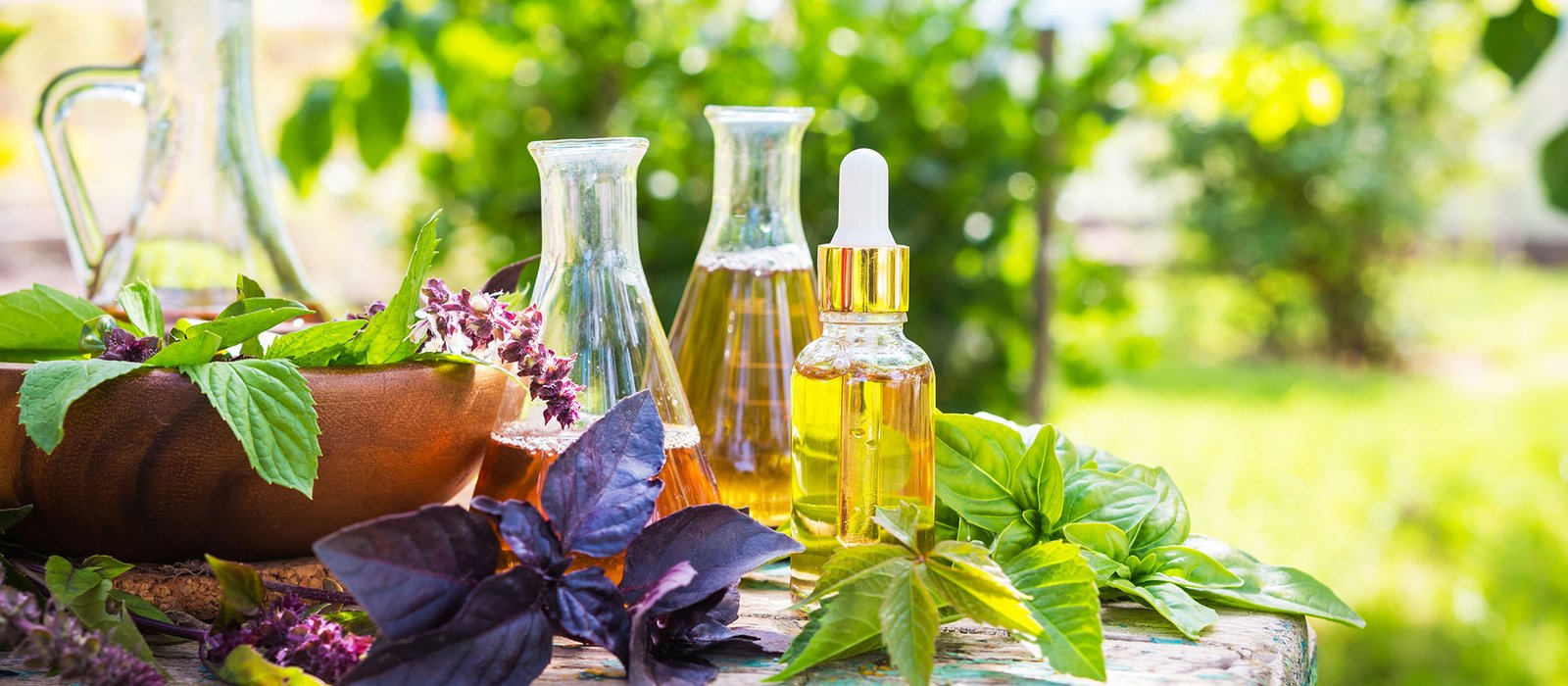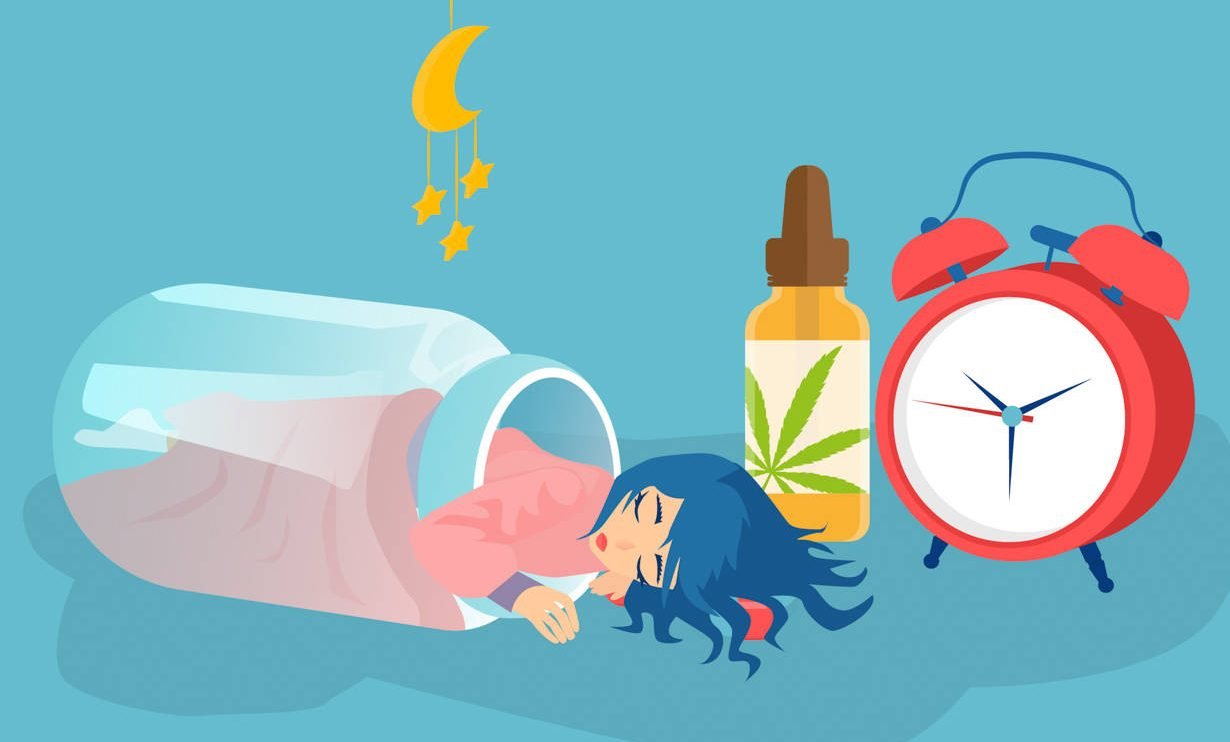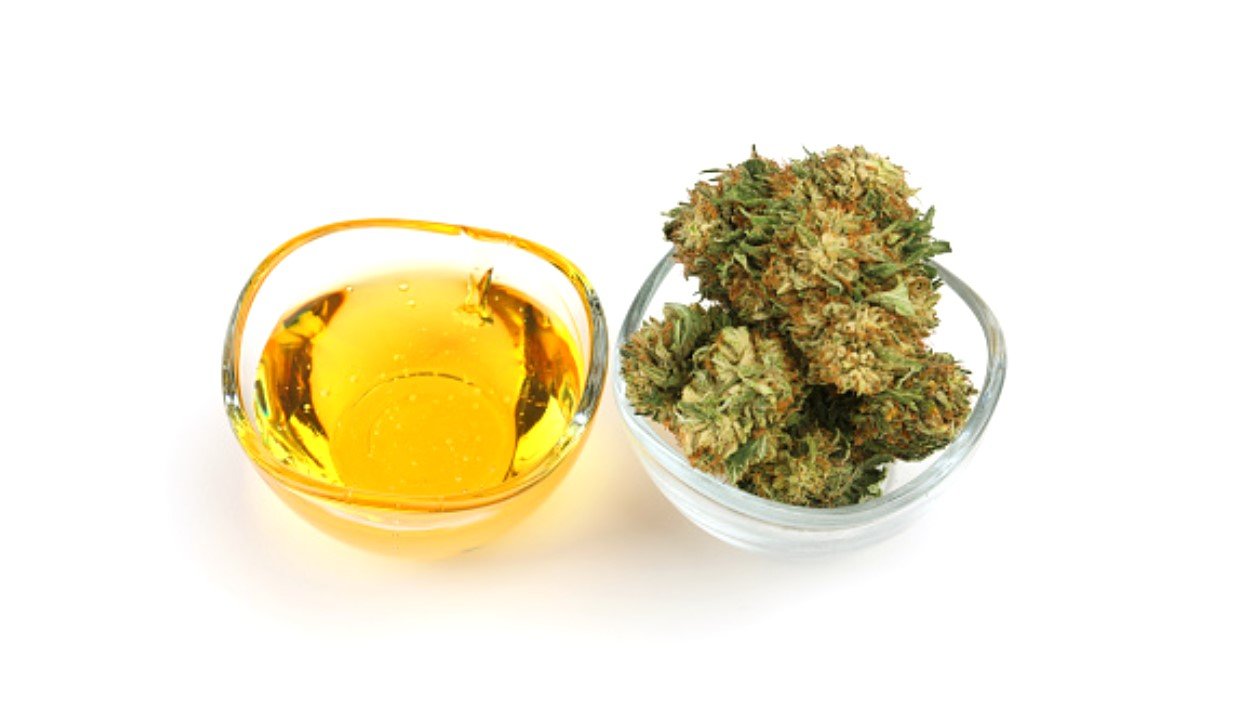Understanding CBD and Cannabis

What does CBD Stand for?
CBD is a non-psychoactive compound that is found in Hemp. The major components of hemp and cannabis are Cannabinoid (CBD), Tetrahydrocannabinol (THC), and Cannabidiolic acid (CBDA). THC, which also has medicinal benefits, is what causes the psychoactive "high". In the U.S., industrial Hemp comes from plants with less than 0.3% THC content labeled as industrial hemp, whereas THC plants are what we refer to as marijuana. Cannabis or marijuana contains anywhere from 5-35% THC levels. However, since industrial farming methods began around the 1960s there was a slight decline in the number of cannabinoids found in genetically modified
What is CBD?
CBD stands for Cannabidiol, this is one of over 60 compounds found in cannabis that belong to a class of ingredients called cannabinoids. Research shows that CBD has a very low affinity for CB1 and CB2 receptors but acts as an indirect antagonist of these receptors when they are activated by THC. This means that CBD can counteract what's referred to as the 'high' effect associated with THC. The most important cannabinoid in cannabis is the phytocannabinoid known as THC ( tetrahydrocannabinol ), which many might refer to as being 'high'.
What Does CBD Do?

CBD is commonly known for its pain-relieving properties. It is also known to aid in anxiety, depression, and sleep issues. CBD can also help reduce nausea and other symptoms associated with cancer treatment side effects such as pain, vomiting, or lack of appetite. CBD has shown to be a powerful antioxidant that helps maintain better health for your cells, tissues, and organ systems.
One of the most promising areas where scientists are focusing their research efforts is on what CBD can do with our endocannabinoid system (ECS). The ECS is responsible for regulating hunger, immune function, and more. What makes this area even more promising is that CBD actually activates your body's endocannabinoid system to promote homeostasis within the body! Think about how many diseases are caused due to stress being introduced into properties.
Cannabis Definition
Cannabis is not CBD and contains significantly more THC than CBD. This is what you will typically find in medical dispensaries (in states where they are legal). If you don't live in a state that allows medical marijuana, then cannabis is not what you should be researching!
CBD stands for Cannabidiol. It's one of over 80 chemical compounds found within the Cannabis plant. Although it's usually extracted from hemp and marijuana, our CBD products can be derived from industrial hemp or from medical marijuana. Industrial hemp still contains trace amounts of THC, which may trigger drug tests positive but doesn't cause any psychoactive effect whatsoever and won't lead to a positive drug test result even if consumed daily for months on end!
Cannabis vs CBD What Should You Know?
The main difference between the two is the amount of Tetrahydrocannabinol (THC) in each. THC is what causes a euphoric "high" effect, while CBD doesn't cause any psychoactive effects at all, which means there's no high whatsoever! It's completely non-psychoactive and legal throughout the US.
This makes it ideal for use as a daily supplement to support overall health and wellness because you don't need to worry about any negative side effects or addiction like what happens with traditional medications that are available by prescription only!
So what can CBD be used for? Although it comes from cannabis plants, an entirely different family than what produces what you may think of when you hear the word marijuana, CBD contains only trace amounts of THC.
What Does Research Say About CBD?
Over the last couple of years, researchers have launched small studies on humans to test what effect cannabidiol has. Overall, the results from these studies suggest that CBD could be a valuable alternative for anti-inflammatory and pain medications that typically come with serious side effects like addiction or decreased mental capabilities.
The following list outlines what researchers have found when it comes to what CBD can do for your body: Helps Reduce Anxiety and Stress - Because of its ability to interact with receptors in the brain responsible for keeping you calm, CBD is being used by some as an all-natural way to help reduce stress.
Are There Any Side Effects Concerning CBD Consumption?

The most common side effects that occur with CBD use are either minor or temporary. Some of the more minor side effects can include dry mouth, increased thirst dizziness, and/or light-headedness sleepiness. Other than the mild adverse reactions mentioned above, there aren't many other dangerous side effects associated with Cannabidiol oil as long as you are using quality products that have been tested thoroughly for purity and potency.
For these minor side effects, simply slowing down your consumption is usually enough to get rid of them. If you are experiencing any severe side effects while using CBD, make sure to talk with your health care provider about what you're doing right now because it could be the source of what's making you feel sick.
Final Thoughts on CBD Oil
The majority of CBD medical discoveries point to the possibility that this cannabinoid could be used as a natural alternative to pharmaceuticals for the treatment of many health problems. However, it is important that you speak with your doctor before making any changes because what works for one person won't necessarily work for another.



